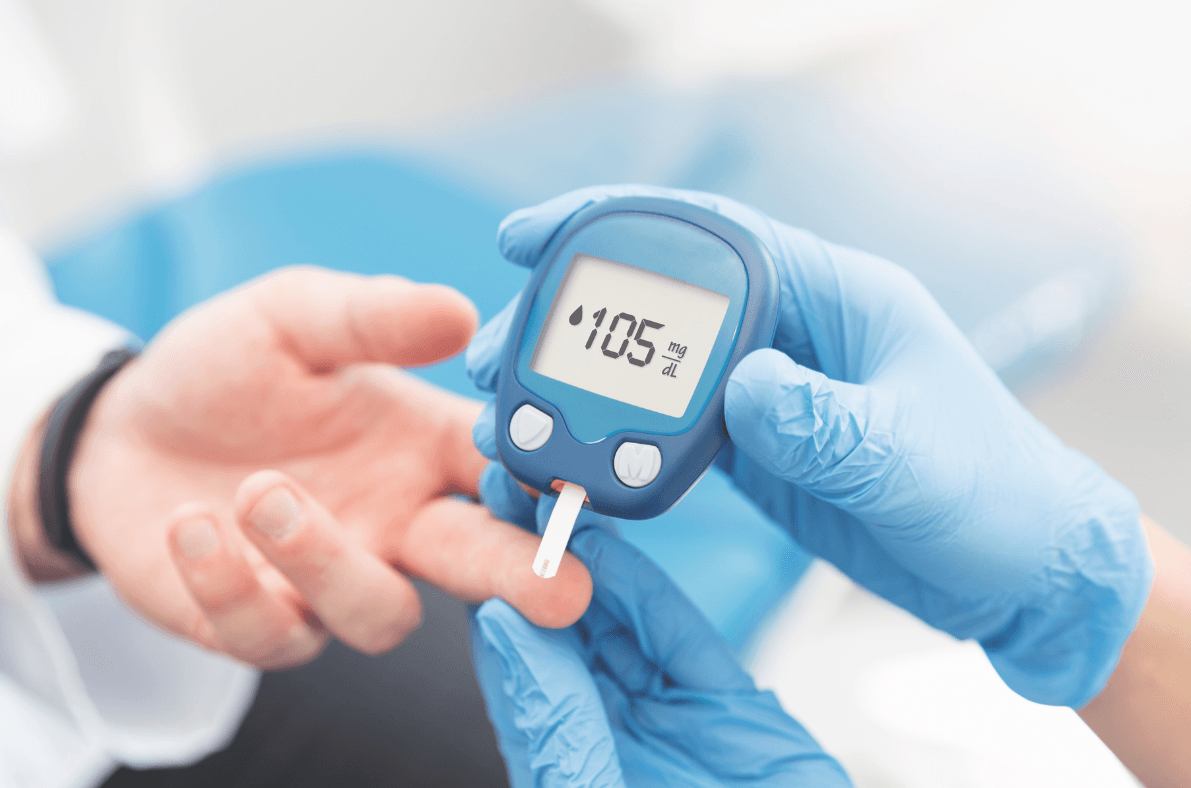In many ways, the pandemic exacerbated many students’ worst fears: loneliness, isolation, volatility in the job market, and countless others.
The effect that this has had on the collective mental health of the student community is prevalent and wide-reaching, and even now, many months after the end of the third lockdown, the impacts of the pandemic are being felt by many.
If your own student experience has been affected by the pandemic, it’s important to recognise the value of looking after your mental health.
Below are some common ways in which the pandemic has had a negative impact on student mental health and some possible solutions worth investigating.
Depression
Depression is an awful feeling and one that many people are slow to recognise and slower still to do something about.
Looking after your mental health and wellbeing are essential, so if you suspect that you or one of your friends is starting to show signs of depression, it’s important to reach out for help; you aren’t alone.
You could consider checking out the
student health services that are available to you; even if you’re not totally sure about your mental health, it’s worth clarifying as it could stop the problem from becoming more serious.
Stress
Uni can be a stressful environment even without a pandemic looming on the horizon. The mental health impact that the accumulation of various negative feelings can have should be taken seriously.
Trying to cut down your stress levels may seem like a never-ending battle at first, but it’s completely achievable and vital to combatting anxiety and depression.
Making sure that you get the basics right is a must; that’s making sure you get enough sleep, maintain a good diet, and practice mindfulness.
You don’t have to tackle stress alone, not when there are some great
GP online services available to help you out.
If you’re worried about your health during the pandemic, remember you can still wear a mask and observe social distancing.
Chronic stress is a serious health condition and needs to be treated as such, so speaking out is important, even when it’s difficult to do so.
Exhaustion
Coping with a mental health crisis can be exhausting. It takes a real toll on your physical health after a while, so it’s vital you don’t overdo it.
The pandemic might seem like it’s never-ending at first, but this is far from the truth. It will come to an end, and you’ll be able to enjoy a future free from COVID.
Making time for yourself is a must in order to avoid suffering from exhaustion and burnout, as is eating a healthy and balanced diet.
It’s awfully easy to forget the basics as a student, especially when there’s so much going on around you.
Thankfully, there are plenty of steps you can take to put yourself first, and it all starts with a little self-care and a willingness to acknowledge the situation.
It takes courage to recognise when something is wrong and even more courage to confront it. Mental health support is available, and if you feel like you can’t ask for it, try and talk it through with a trusted friend; it can make all the difference.











